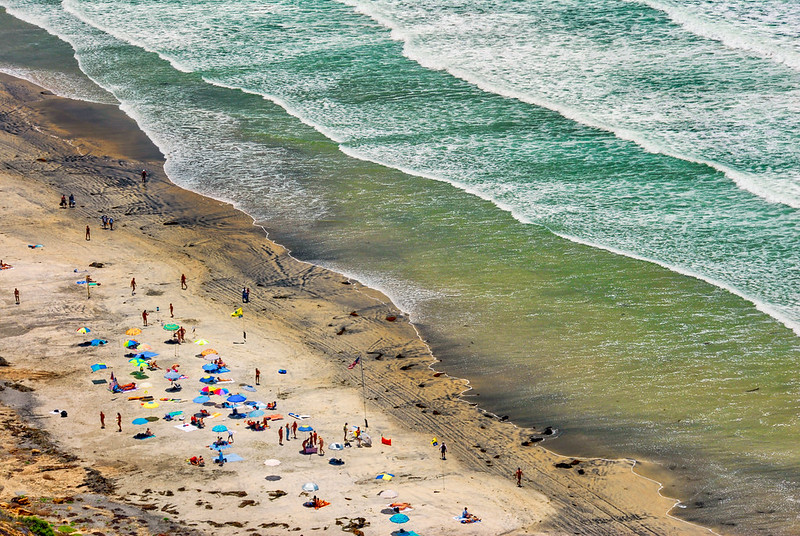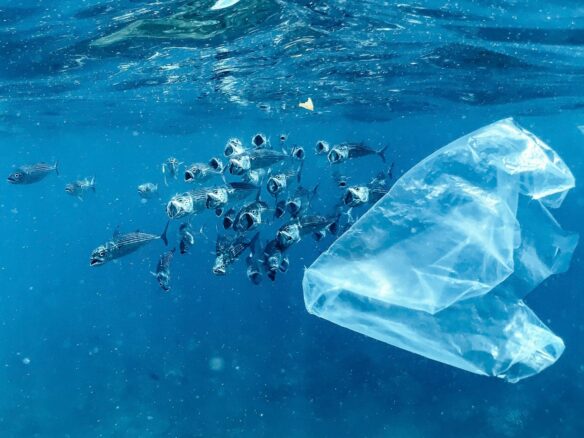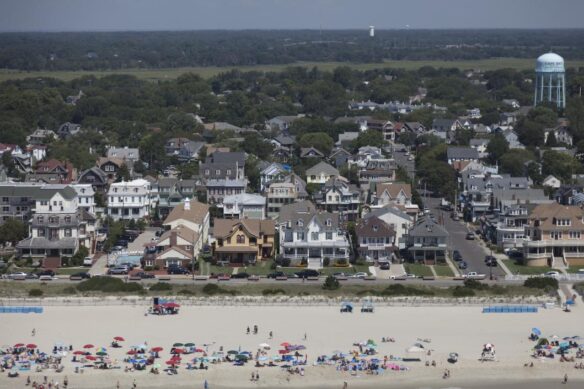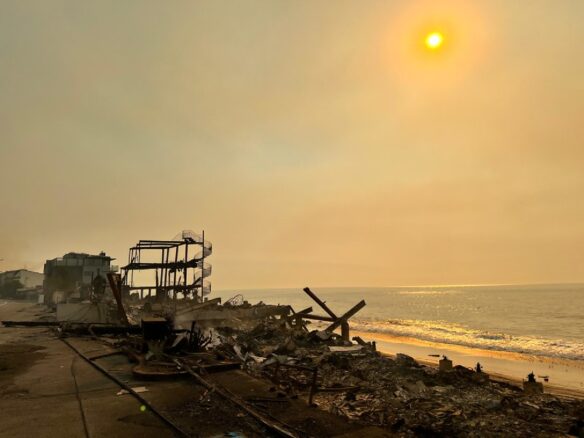Excerpt:
A new study shows that equitable coastal access might become another victim of climate change – unless we plan proactively.
“Sea level rise in California is bad news for beaches, worse news for coastal access and terrible news for meaningful coastal access and environmental justice,” said Kiki Patsch, Associate Professor of Environmental Science and Resource Management at California State University Channel Islands…
Patsch is leading the study with a multidisciplinary team of researchers. Their goal is to provide data on beach resilience, access and use to help resource managers consider equity and environmental justice in their sea level rise planning…
Previous research by Patsch shows that Californians living on the coast tend to be whiter, older, wealthier and much less diverse than in the rest of the state. Compared to the statewide average, the population share of Latinos and Hispanics drops to about half in the one-kilometer radius around a coastal access point. Black people and Native Americans are even more underrepresented.
Since those residents have to travel much farther to enjoy the beach, amenities such as parking, fresh water and picnic tables are vital. They also need public transit and low-cost overnight accommodations nearby.
In this new study, the researchers reviewed every coastal access site in California to see how different sea level rise scenarios might affect their amenities and infrastructure, including trails, stairways, restrooms, picnic areas and parking lots.
The results were grim…
Learn More about BSA – CAMP (Beach Sustainability Assessment – Comprehensive Analysis for Management Project) . . .
Year 2 Update:
Beach Sustainability Assessment Comprehensive Analysis for Management Project: COAST Meeting Oct. 22 . . .
Learn More at the BSA – CAMP Project Website:
• Science to secure access for all to California’s coast •









